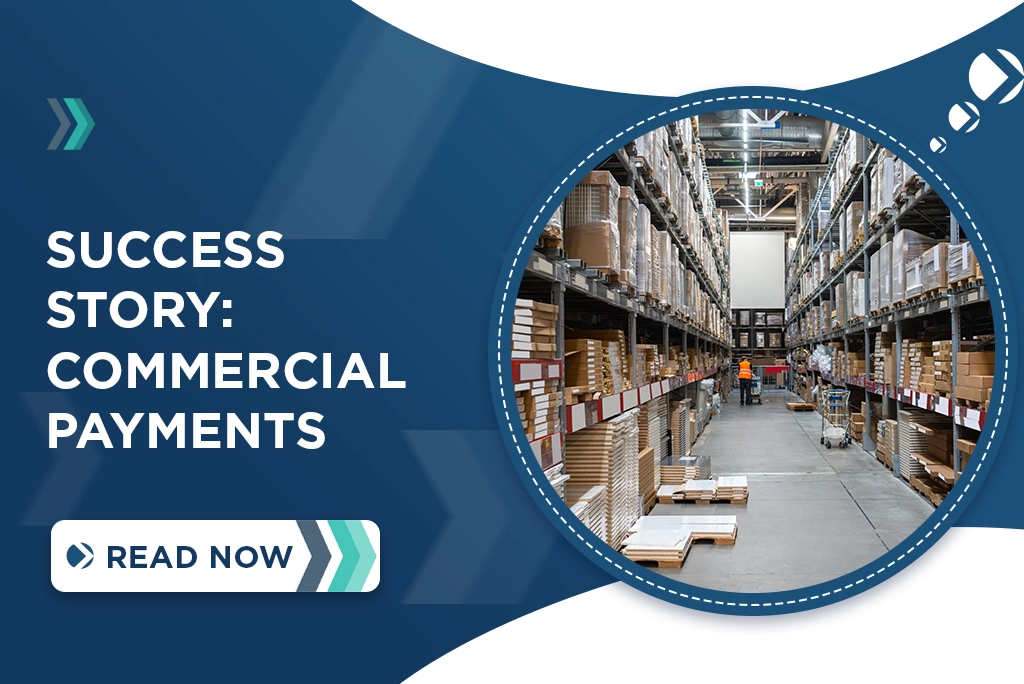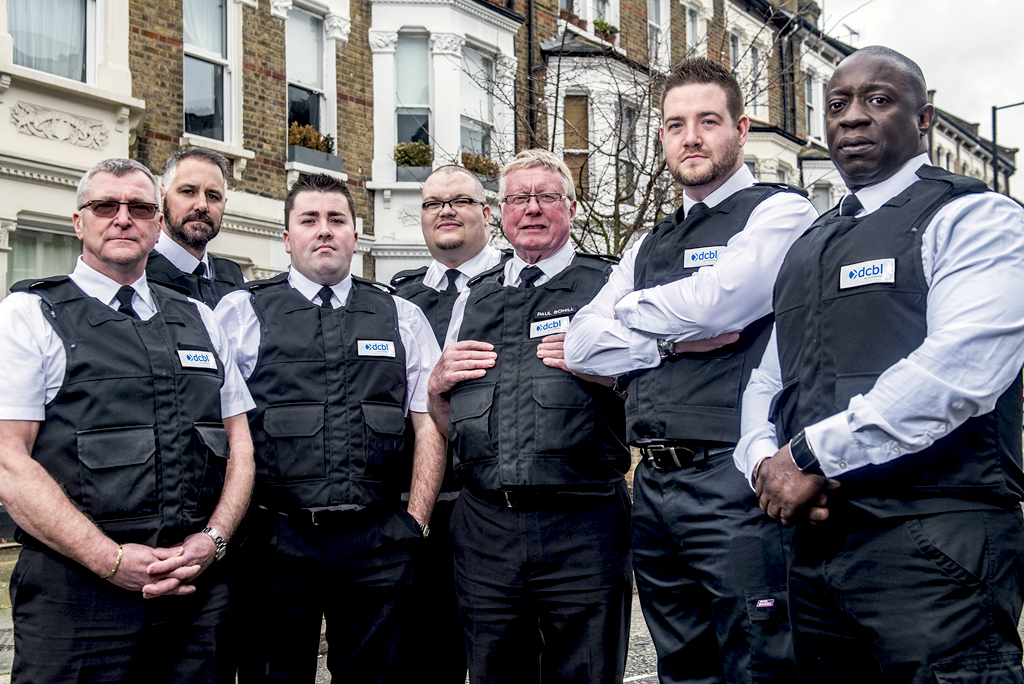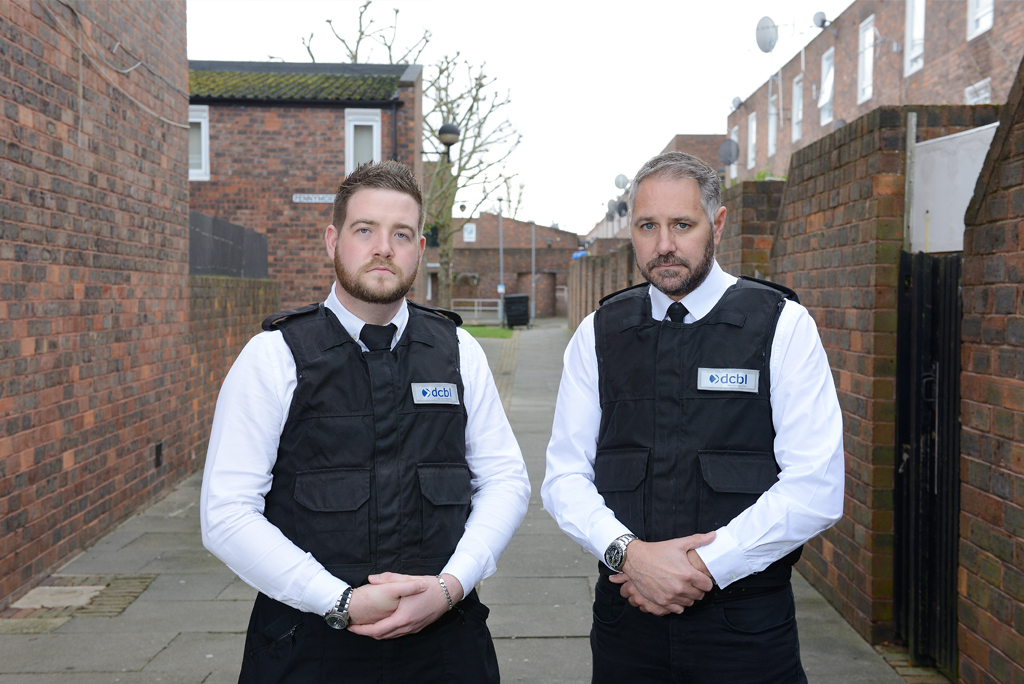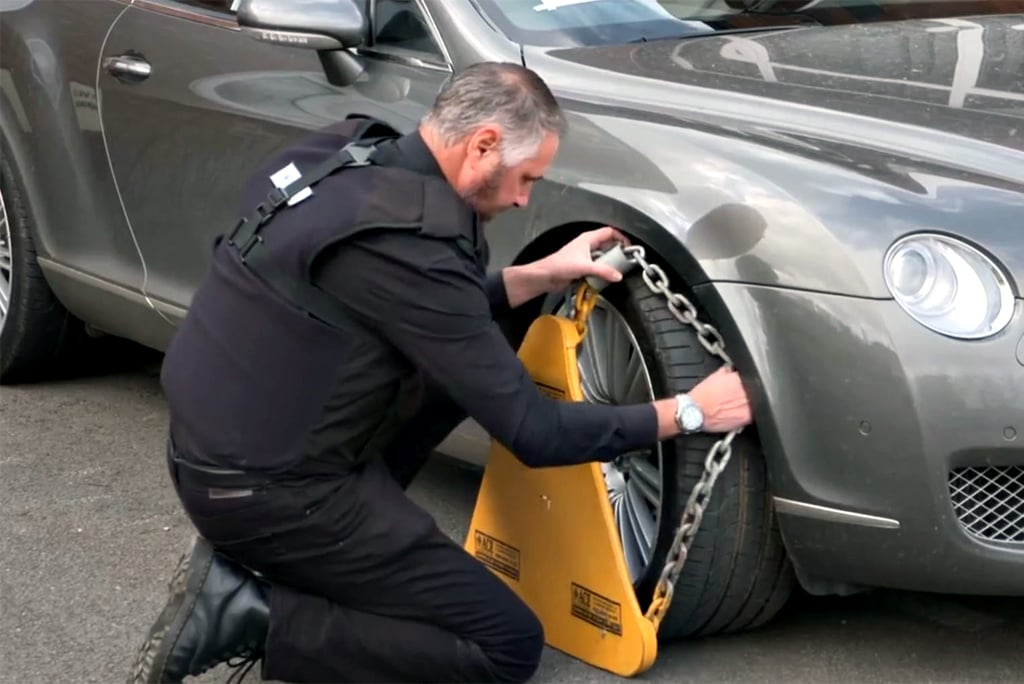
Should I Use High Court Enforcement or Pre-Court Debt Collection?
24th June 2020
For those unfamiliar with the process of collecting unpaid debts, it can be confusing to know the difference between Pre-Court Debt Collection and High Court Enforcement.
High Court Enforcement is suitable in cases where a Judgment has been granted, such as a County Court Judgment (CCJ), against the debtor. If you haven’t obtained a Judgment, you can use Pre-Court Debt Collection services instead. In both circumstances, the debt must have been accrued or acknowledged from the last six years, however, there are significant differences in the processes and legal requirements of each service.
As the industry leader in both High Court Enforcement and Debt Recovery, DCBL can assist with both of these options.
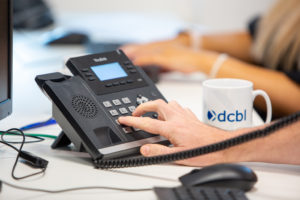
When Should I Consider Pre-Court Debt Collection?
If you are owed £1,000 or more by an individual or business, for example for unpaid invoices, loan repayments or rental arrears, you don’t need a formal judgment against your debtor to instruct pre-court debt collection agents. As long as you have proof of the debt, action can begin within days.
The process is very straightforward. You’ll need to provide some basic information about how the debt was incurred, why your debtor hasn’t paid and some details about them.
Upon instruction, we conduct a full financial check, including asset and address verification, to ensure we have the most accurate data prior to starting the recovery process and to confirm whether we can help.
Once our investigations have provided the relevant information, we then tailor our collection strategies to best suit your case. This involves communicating with the debtor via phone calls, letters, or face-to-face visits, all while ensuring our Welfare and Support team is available should anyone involved in the process require additional assistance. Our unique brand awareness through our previous participation in the hit Channel 5 TV show “Can’t Pay? We’ll Take It Away!” contributes to our higher collection rates and provides an early resolution to our clients and their customers.
In the unlikely cases where debtors are unresponsive, we will make in-person visits to collect the money owed. With over 20 years of experience in the industry, we recognise that face-to-face contact can be an essential strategy in debt recovery. We include debtor visits in our initial quote, so there are no hidden fees.
When Should I Consider High Court Enforcement?
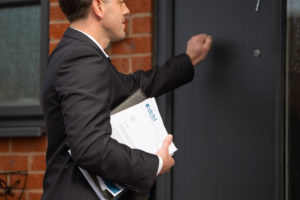
Although our debt collection agents have a high success rate, High Court Enforcement Agents (HCEAs – formerly known as Sheriffs or Bailiffs) benefit from strong legal powers granted by the courts to collect the debt amount agreed by a Judgment.
As seen on “Can’t Pay? We’ll Take It Away!”, DCBL’s HCEAs are fully certificated and highly trained. They can make peaceful entry into the debtor’s property and are authorised to seize goods to be sold at auction if payment is not forthcoming.
Quite often, a debtor takes the situation seriously when the possibility of their cars and belongings being catalogued and even taken away arises, and they will discuss their options to settle the outstanding amount.
To instruct a High Court Enforcement Officer, you will need to complete our online instruction form and pay the £78 court fee for us to complete the Transfer Up process and obtain a writ of control. The £78 fee is added to your debtor’s liability (along with any enforcement costs). The HCEO fees are then recovered from the debtor upon successful enforcement. However, in the very rare circumstances that our agents are unsuccessful, the only other cost to yourself would be the compliance fee.
Should I Obtain a Judgment, Or Try Pre-Court Debt Collection?
Each debt collection case is unique. DCBL consults with clients before taking recovery action to ensure the best solution is taken for each case.
If you don’t have a Judgment against your debtor, it is worth exploring pre-court debt collection first. This is the quickest way to resolve the situation without the need for court action. Acting quickly makes a difference in debt collection, as you avoid the risk of the debtor disappearing or going into liquidation, which would put them out of your reach for repayment.
However, you may prefer to go through court to get your money back. This is a service provided by DCBL’s sister company, DCB Legal, which can act on your behalf to issue a claim against a debtor and obtain a County Court Judgment (CCJ), managing the whole process on your behalf from start to finish.
Call us on 0203 298 0201 or fill in our online contact form to discover the best way to collect the money owed to you.






